Virtual civilization
It's my distinct belief that when a virtual world arises in which we can have a sense of presence equivalent to that which we have in physical life, virtual worlds will revolutionize our world.
Augmented reality as the basis
I believe that augmented reality will pave the way over the next 5-7 years for people to enjoy the convenience of a computer you don't have to hold in your hand and that can understand your hand movements as physical gestures interpretable by the machine.
There are a lot of people who really struggle to understand computers and I believe augmented reality will make it much easier for them to interact with computers as a whole through spatial computing.
This underlying utility may pave the way for a virtual world ecosystem in which people may be able to get the same level of the sense of presence that they get in physical life in a digital space.
The transition to digital civilization
It's my belief that when we are able to get the same sense of presence in a virtual space as in a physical space, we will stop building physical spaces.
The potential for crisis
Every virtual world creator has the right to manage their own virtual world as they wish. However, if a virtual world becomes essential for human life, that creator may create large-scale censorship for a large part of the human population.
Social media giants already ban their members on a regular basis without even stating the reason. For most, these platforms are not essential for life or income but one day virtual worlds may become the reality most call home.
- What if one day what we say could get us banned from what most people consider reality?
The context for my question
I'd like to come up with a charter of rights and freedoms for the Metaverse and I would love your input.
The key problem at hand is how we balance the rights of a virtual world creator to the rights of those who inhabit virtual worlds.
There's an inherent tension between protecting the rights that a creator has over the world that they create versus the rights of individual users.
Progress so far
Right to obscurity
- The right not to be individually penalized for non-criminal acts done outside of a particular virtual world.
Right to migration
- The right to switch from virtual world to virtual world without contractual hindrance.
Right of privacy
- The right not to be tracked in a persistent, identifiable fashion, without expressed, written, and updated consent.
- The right to separately agree to the tracking of political or religious beliefs.
- The right to take down, or disassociate from, content published by oneself.
Breaking down the progress
Right to obscurity
Obscurity is all about making sure a global reputation system for the Metaverse is never created. I believe a global reputation system that's interoperable between worlds has the ability to create global censorship and therefore each virtual world should judge its members by their behavior within that world.
If not, a single mistake, in the limited interpretation of what a mistake could be by one world, may cause us problems for the rest of our life.
Right to migration
As long as we can use viable alternatives to a virtual world, we are never locked out of the Metaverse as a whole.
The big problem here is that the network effect may make those alternatives unviable just as competing with YouTube is almost totally unviable because of Youtube’s massive viewer base.
Right of privacy
This is all about that extra layer of protection so that you can't be identified as belonging to a particular community as that identification process is the first step to maltreatment.
Ok, my question for real this time
How do we ensure that individual rights are fully protected even as we transition from the physical to the digital?
How do we avoid the network effect, (people wanting to be where the other people are) along with the enormous complexity of virtual worlds laying the foundation for a new reality that resembles the lack of rights and freedoms we see from today’s social media giants?
Let's say that we create a right to interoperability, such a right creates a financial obligation on the creator of a virtual world, something which will stifle innovation potentially.
Moreover, interoperability isn't practical on so many levels when it comes to complex technology.
Migration, sure but if one virtual world has the people it's not like those people can just walk into another virtual world -- keep in mind that virtual world creators size all of their doors to all of the items that you could wear in a potential virtual world.
A virtual world is a bespoke experience and it's not like you can just mix and match without a jarring and problematic mishmash that leads to less of a sense of immersion.
[link] [comments]

You can get bonuses upto $100 FREE BONUS when you:
💰 Install these recommended apps:
💲 SocialGood - 100% Crypto Back on Everyday Shopping
💲 xPortal - The DeFi For The Next Billion
💲 CryptoTab Browser - Lightweight, fast, and ready to mine!
💰 Register on these recommended exchanges:
🟡 Binance🟡 Bitfinex🟡 Bitmart🟡 Bittrex🟡 Bitget
🟡 CoinEx🟡 Crypto.com🟡 Gate.io🟡 Huobi🟡 Kucoin.

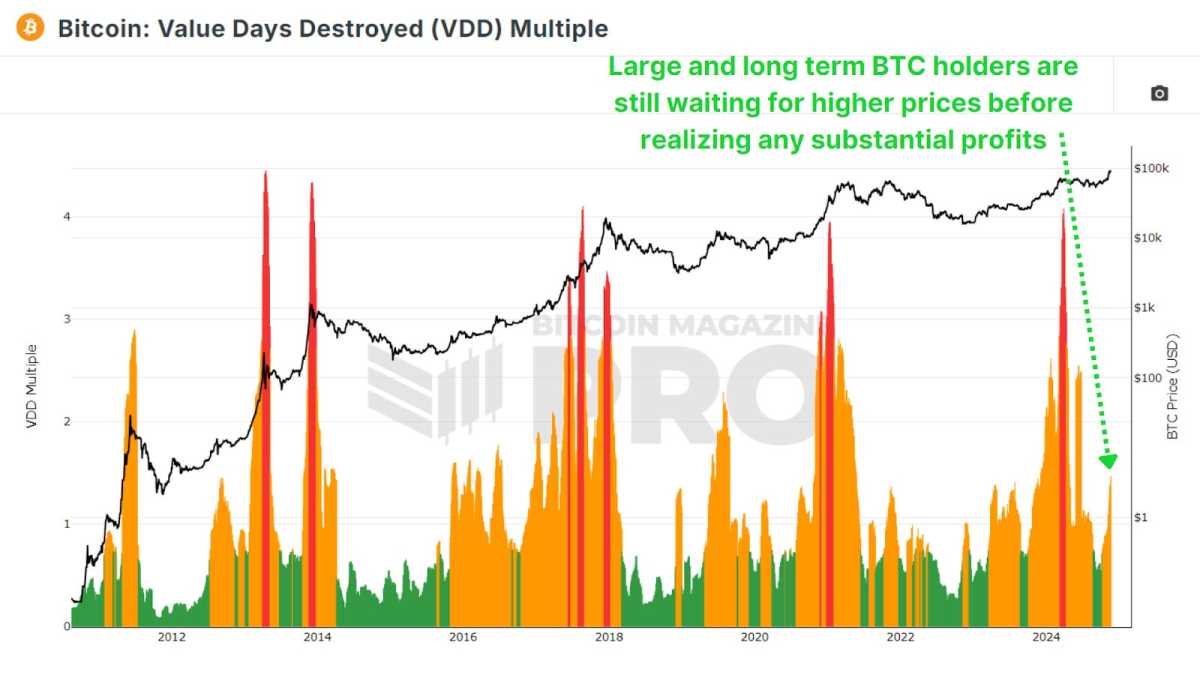
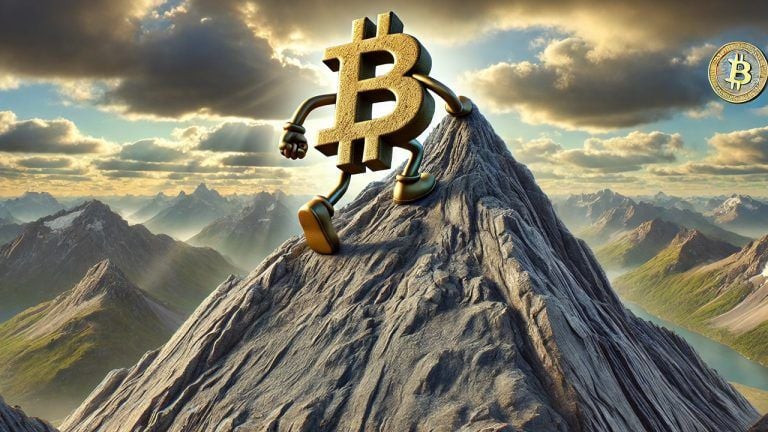
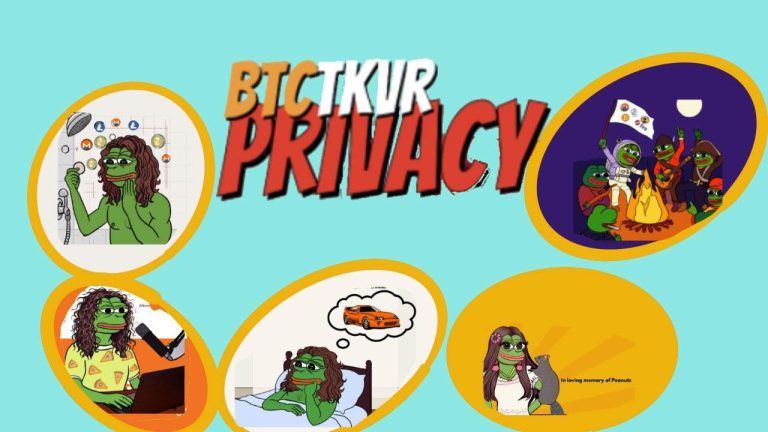



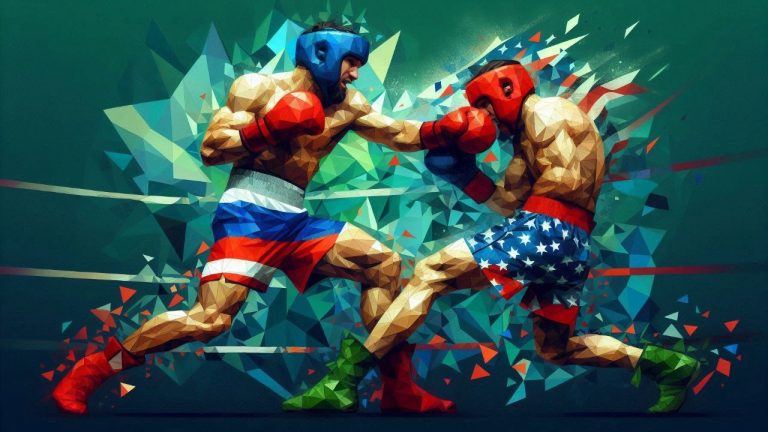





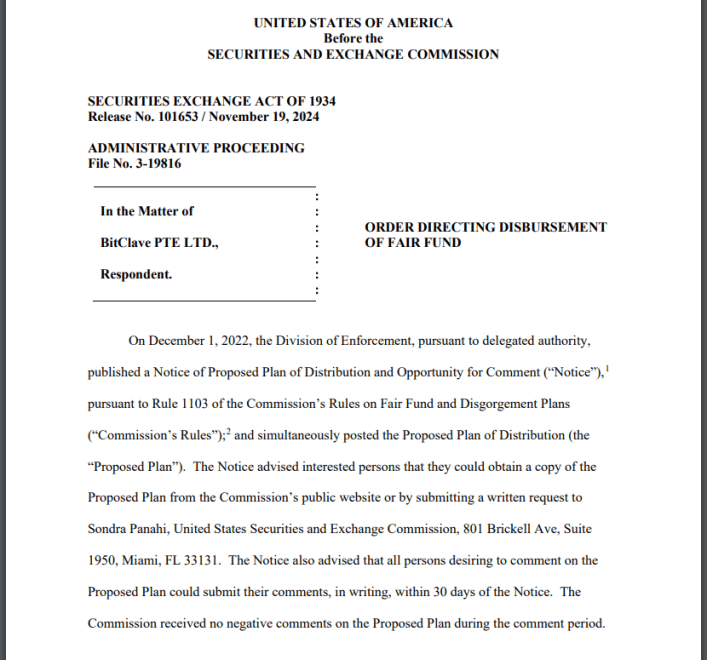




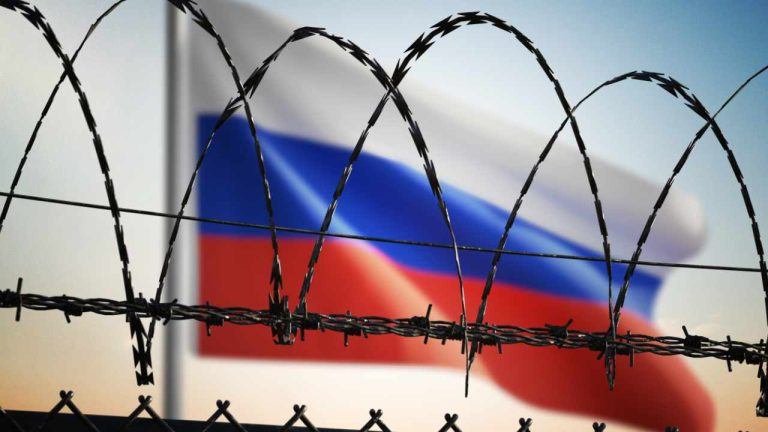

Comments